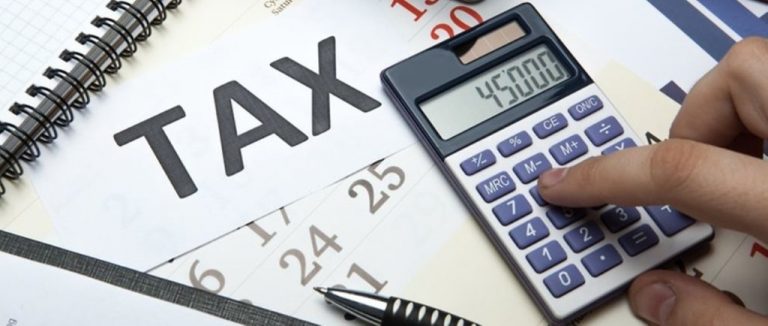
As the heat of subsidy removal rages on, economic experts have been expressing their concerns over the potential negative impacts the federal government’s decision will have on the economic well-being of Nigerians.
Experts have offered various bits of advice on the concerns, which hang mainly on the unaffordable cost of living that the subsidy removal is expected to unleash if not mitigated.
The subsidy removal was announced by President Bola Tinubu on Monday, during his inaugural speech. He cited the government’s inability to sustain the payments as a reason for the abrupt ending of the subsidy.
Register for Tekedia Mini-MBA edition 19 (Feb 9 – May 2, 2026): big discounts for early bird.
Tekedia AI in Business Masterclass opens registrations.
Join Tekedia Capital Syndicate and co-invest in great global startups.
Register for Tekedia AI Lab: From Technical Design to Deployment (next edition begins Jan 24 2026).
Against the backdrop of depleted oil revenue, the Tinubu administration plans to raise taxes, according to his statements during the presidential election campaign.
But Dr. Yemi Kale, Chief Economist at KPMG Nigeria and former Chief of the National Bureau of Statistics (NBS), said the government’s plan to raise taxes on household expenditure and private business will impact the Nigerian business ecosystem negatively.
Kale expressed the concern while speaking at the Nairametrics Q2 2023 Economic Outlook Webinar held on Saturday.
“In terms of public finance, I am one of the few people that do not believe in increasing taxes. I’m not one of the people that is a fan of pushing up taxes, particularly in a recession and when the economy is struggling with fragile growth,” he said.
Kale explained that in the Nigerian economic model, household consumption expenditure and private investment are the two largest contributors to GDP.
“When you increase taxes, you are squeezing the household consumption expenditure, and you are also squeezing the earnings of business thereby squeezing business expansion and so on.
“What happened in the last eight years is that the government model was public sector driven. They expanded government expenditure; they expanded government investment. That’s why you have so much infrastructure development. But they did not expand government investment and consumption because the economy was expanding, and they were getting more revenue.
“They did that in two ways, one was to tax consumers and businesses, they squeeze their consumption expenditure, they squeeze the ability of private investment to grow and at the same time, they expanded the economy by debt. And then to repay the debt, again, they turn to squeeze consumers’ expenditure,” he said.
According to the report, increased public expenditure and investment by approximately 30% has led to a contraction of household consumption by about 3% and stagnant private investment.
Over the years, Nigerian businesses have been groaning under the burden of multiple taxations that has compounded other poor policy-induced plights.
Nairametrics quoted Kale as suggesting that the government should avoid tax increases and instead focus on harmonizing existing taxes and improving public-sector efficiency.
“I’m not a fan of increasing taxes. I prefer harmonizing the multiple taxes that are out there, I’m a bigger fan of more efficient, public-sector expenditure. For example, getting rid of wasteful expenditures like fuel subsidies. When you look at the revenue agencies, you find out that as the revenue goes up, they will find more things to spend and increase the expenditure…
“I think the target should be to harmonize the taxes and expand the tax net using technology and a more efficient expenditure structure. If we were able to do this in terms of public finance, if we can reform the public sector, I think that’s when every other thing ties in properly. And will see some significant growth,” he added.



